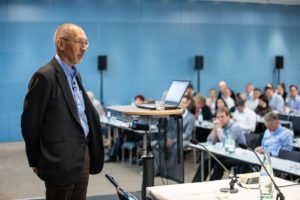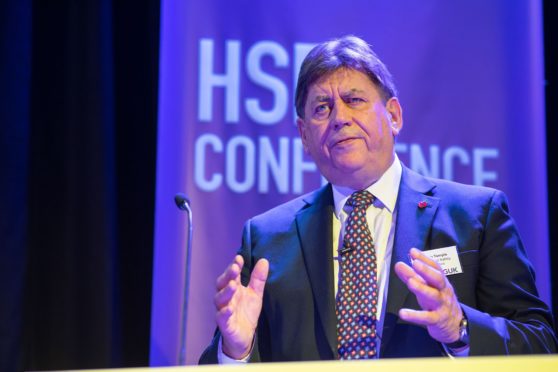
The global Chartered body for safety and health professionals today urges the UK Government to provide assurance and certainty on the future of the UK’s health and safety system.
The Institution of Occupational Safety and Health (IOSH) urges any newly elected administration following the 12 December general election to prioritise workplace health and safety and publicly support the compelling economic case and social value of the UK’s world-leading health and safety system and regulatory regime.
IOSH urges the next administration to:
- Reskill the UK for a safer, healthier, sustainable future
- Radically improve the nation’s occupational health system
- Design good work into all public investment and infrastructure programmes
- Tackle exploitation of vulnerable workers and poor working conditions
- Urgently implement national building and fire safety reforms
Richard Jones, Head of Policy and Regulatory Engagement at IOSH, said: “With an ageing workforce, technological changes, more insecure and ‘gig’ working, higher numbers of small-to-medium-sized enterprises (SMEs) and self-employed – as well as increased overall employment figures – the need for better workplace health management in the UK is fast-reaching a crescendo.
“As the UK heads for a new government, it’s vital that public policy focus on health at work is properly prioritised. We need to tackle the record numbers of cases of work-related stress, depression or anxiety (last year reaching 602,000 cases) and the 300,000 people with long-term mental health problems losing their jobs each year.
“Good health and safety is good for business and effective regulation helps ensure many millions of lives and livelihoods are protected each and every day.”
Figures released by the Health and Safety Executive (HSE) highlight the urgent need for ongoing action. These put annual Great Britain failure in safety and health costs at around £15 billion, plus an additional £12 billion for new cases of occupational cancer.
An article by Richard Jones, Head of Policy and Regulatory Engagement at IOSH, on why the new government must prioritise workplace health is available here: https://www.ioshmagazine.com/article/new-government-must-prioritise-workplace-health
IOSH


